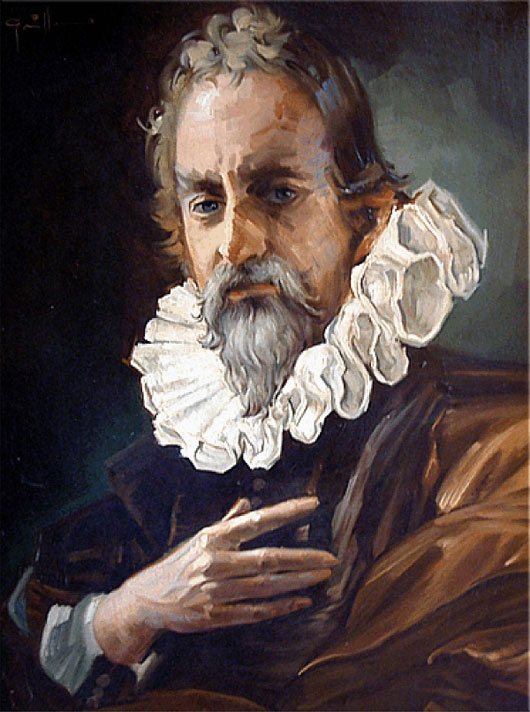Hero #119: Michael Servetus … (02/04/16)
Born in 1511, Servetus was a Spanish theologian, physician, cartographer, and Renaissance humanist credited with discovering the correct workings of human pulmonary circulation. He wrote a book outlining his discovery, along with a few avant garde ideas about reforming Christianity (he was openly critical of both the concept of original sin and the church’s invented concept of God as a Trinity), and it was deemed to be heresy by the Catholic Church. Though he successfully escaped from Spain and the Catholic Inquisition, he was eventually arrested by Swiss authorities under the influence of the Protestant Inquisition.
His capture was somewhat odd, in the sense that he had already successfully escaped the wrath of the Protestant Swiss, and yet returned to Geneva and attended a public sermon by none other than John Calvin. Not surprisingly, he was arrested immediately following the conclusion of that service and, under orders from Calvin himself, was incarcerated, tortured and then burned at the stake on the shores of Lake Geneva – with copies of his book accompanying him on the pyre “for good measure”.
While a tragic loss on its own, the persecution of Servetus did inspire many in the church to speak out more forcefully for reform, and the writings of Servetus (more readily available to the public after his death) eventually served to inspire and lay the foundations for the birth of the Unitarian movement in Poland, Transylvania (now Romania) and England.
Indeed, it was the widespread condemnation of the manner of Servetus’ execution that inspired and signaled the rise in Europe of the principle of religious tolerance. Spanish scholar Ángel Alcalá, identified the radical search for truth and the right for freedom of conscience as Servetus’ main legacies, while Polish-American scholar Marian Hillar, who studied the evolution of freedom of conscience from Servetus to John Locke to Thomas Jefferson and the American Declaration of Independence, noted that, “Historically speaking, Servetus died so that freedom of conscience could become a civil right in modern society.”
“I will burn, but this is but a mere event.” ~ Michael Servetus
“Michel Servetus … contributed to the welfare of humanity by his scientific discoveries, his devotion to the sick and the poor, and the indomitable independence of his intelligence and his conscience … His convictions were invincible. He made a sacrifice of his life for the cause of the truth.” ~ inscription on a monument to Servetus erected in 1908 in the French city of Annemasse, some three miles from the spot where he died.





 ;
;